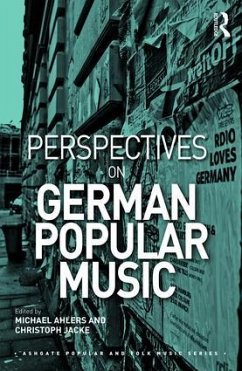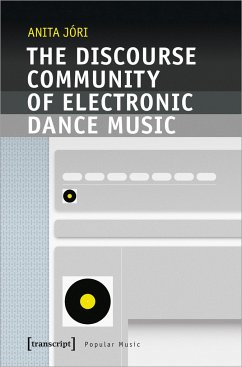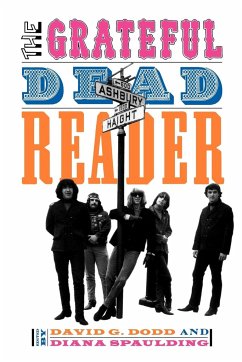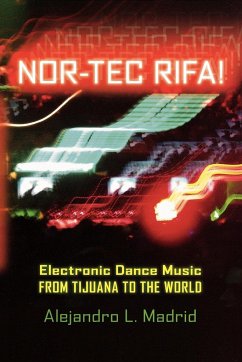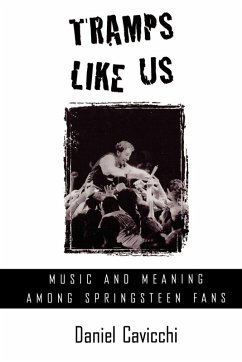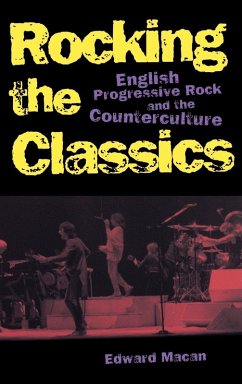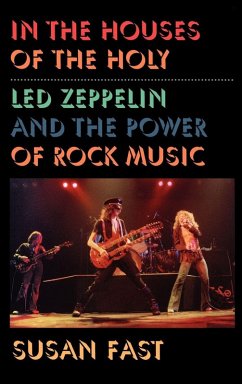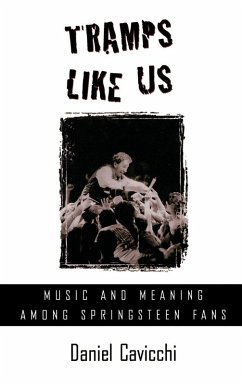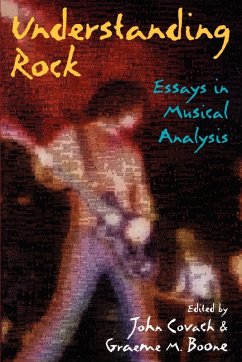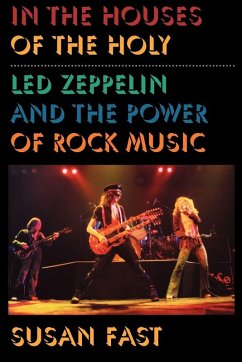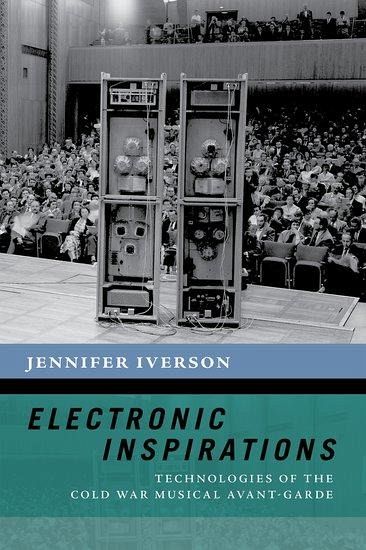
Electronic Inspirations
Technologies of the Cold War Musical Avant-Garde
Versandkostenfrei!
Versandfertig in 1-2 Wochen
40,99 €
inkl. MwSt.

PAYBACK Punkte
20 °P sammeln!
For a decimated post-war West Germany, the electronic music studio at the WDR radio in Cologne was a beacon of hope. Jennifer Iverson's Electronic Inspirations: Technologies of the Cold War Musical Avant-Garde traces the reclamation and repurposing of wartime machines, spaces, and discourses into the new sounds of the mid-century studio. In the 1950s, when technologies were plentiful and the need for reconstruction was great, West Germany began to rebuild its cultural prestige via aesthetic and technical advances. The studio's composers, collaborating with scientists and technicians, coaxed mu...
For a decimated post-war West Germany, the electronic music studio at the WDR radio in Cologne was a beacon of hope. Jennifer Iverson's Electronic Inspirations: Technologies of the Cold War Musical Avant-Garde traces the reclamation and repurposing of wartime machines, spaces, and discourses into the new sounds of the mid-century studio. In the 1950s, when technologies were plentiful and the need for reconstruction was great, West Germany began to rebuild its cultural prestige via aesthetic and technical advances. The studio's composers, collaborating with scientists and technicians, coaxed music from sine-tone oscillators, noise generators, band-pass filters, and magnetic tape. Together, they applied core tenets from information theory and phonetics, reclaiming military communication technologies as well as fascist propaganda broadcasting spaces. The electronic studio nurtured a revolutionary synthesis of science, technology, politics, and aesthetics. Its esoteric sounds transformed mid-century music and continue to reverberate today. Electronic music--echoing both cultural anxiety and promise--is a quintessential Cold War innovation.



